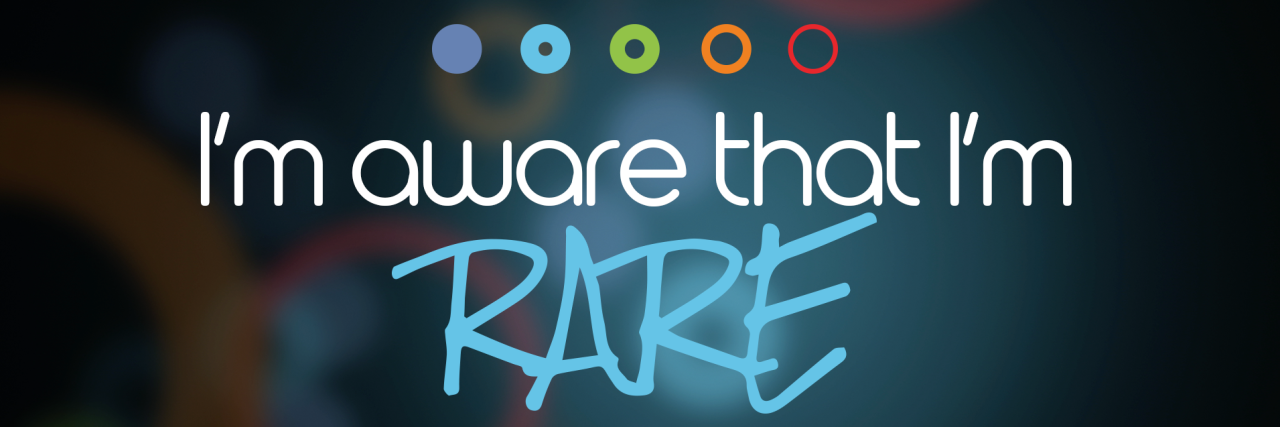Dr. Bernard Thébaud is a clinician-scientist recruited to Ottawa from Edmonton in 2012 to accelerate the translation of stem cell-based therapies for lung diseases. Dr. Thébaud is a senior scientist with the Ottawa Hospital Research Institute (OHRI) and Children’s Hospital of Eastern Ontario Research Institute (CHEO RI), and a neonatologist with the Children’s Hospital of Eastern Ontario (CHEO), where he provides care to critically ill newborns. In this episode Dr. Thébaud discusses the importance of early detection and novel approaches to pediatric PH research efforts.
Transcript:
I’m Bernard Thébaud. I’m a neonatologist. That’s a baby doctor. I work out of CHEO, that’s the Children’s Hospital of Eastern Ontario. It’s in Ottawa, Canada.
Children are not small adults, so there’s some specificity to their disease and pulmonary hypertension, as well. We now know more about stem and progenitor cells, and we’re now using this knowledge to see if these cells do exist in the developing lung and if they are perturbed in diseases, such as pulmonary hypertension. Ultimately the goal is to turn these cells into therapeutic cells, and at least in animal models in the laboratory, we’re able to show that these cells exist in the lung and that they can be used as therapeutic cells to treat or attenuate pulmonary hypertension.
Besides my clinical activity, I have a research lab where we can perform research on cells in a petri dish or experimental animals. We’re able to increase our understanding on how the normal lung grows and what contribution of the vasculature is to that lung growth. And it turns out that contrary to what was thought before, that the blood vessels just passively follow the growth of the airways, it turns out that the pulmonary vessels are an active contributor to normal lung growth. If you take the vessels away, the lung doesn’t grow normally. And if you put them back, the lung starts to grow or you can repair even a damaged lung.
This was very exciting from a conceptual point of view, but now was the realization that we can take vascular progenitor cells that contribute to making normal blood vessels, that we can take these cells and turn them into a potential therapy is very exciting and novel.
We had the Canadian Stem Cell Network over 10 years that has really boosted research in this field, in laboratory, as well as in the clinical translation, and we see the clinical translation now happening progressively with early phase clinical trials.
Right now, we acquire knowledge at such a rapid pace that as an individual you cannot stay ahead of the curve or even know the knowledge that is being acquired today. If you really want to make an impact, you have to come together as a group to re-push the envelope and try to translate these findings into the clinic and make it matter for patients.
I think we have to be able to detect the disease earlier, ideally with noninvasive means, such as ultrasound, but maybe novel techniques will allow us to do that, that we are not aware of today. And then we definitely have to come up with more potent medications that will have a short and long-term improvement in the outcome of our patients.
It’s great to tap into these new techniques that we have today, where the patient or parents actually become an active part in acquiring new data, and this will allow us to learn things that we weren’t aware of. This can lead to hypothesis-generating work. By being able to tap into the daily life of our patients, we may gather new knowledge that will hopefully lead to new treatments, better treatments.
Learn more about pulmonary hypertension at phaware.global. Never miss an episode with the phaware® podcast app. Follow us @phaware on facebook, twitter, instagram, youtube & linkedin Engage for a cure: #phaware #phawareMD

